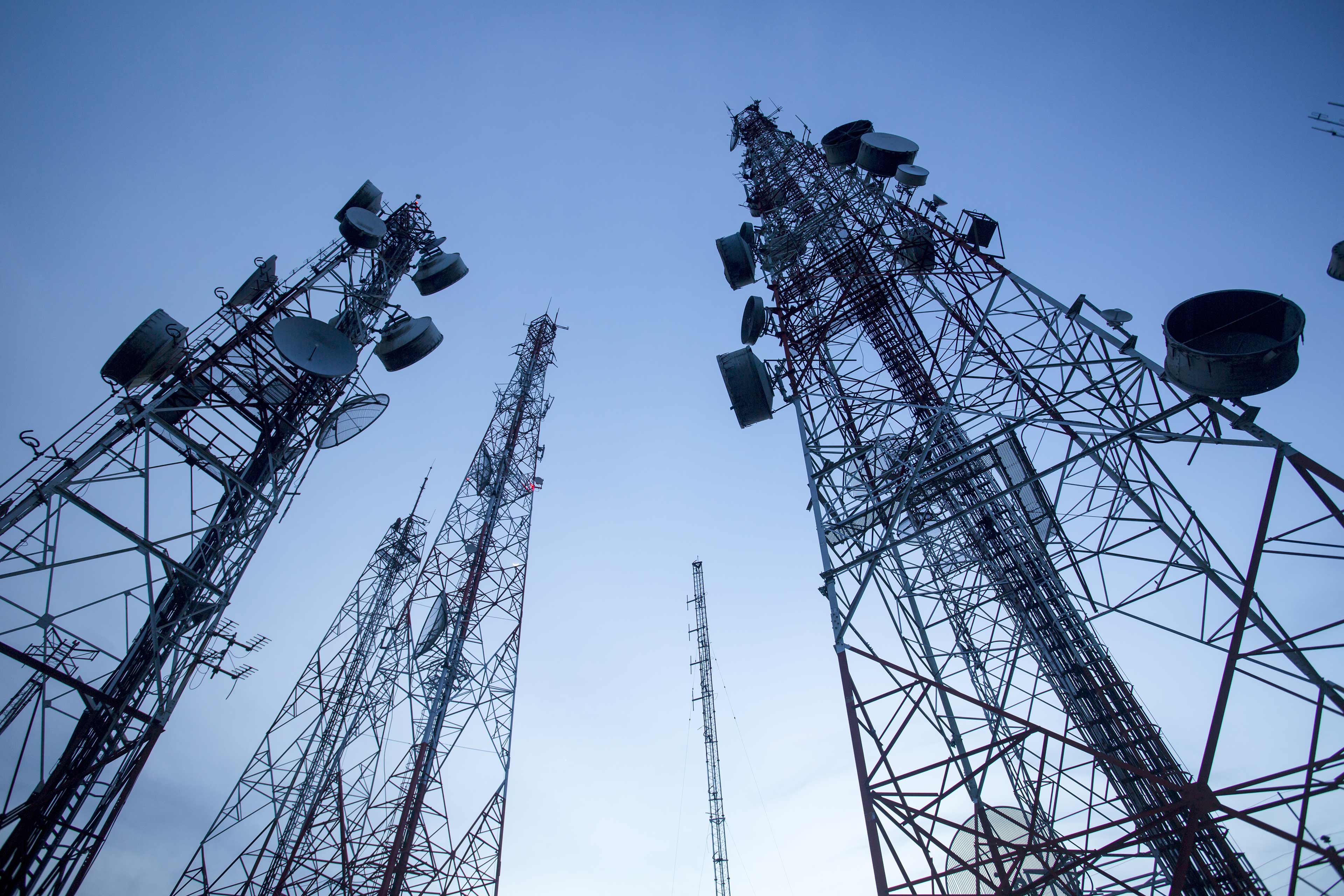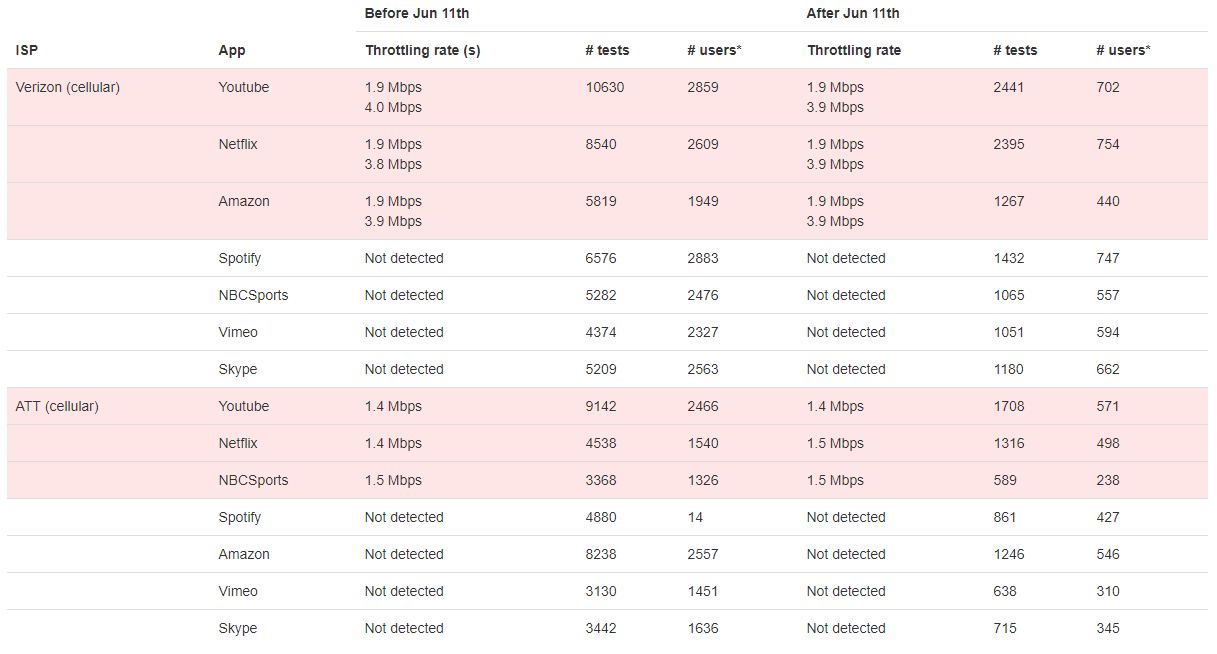Through the looking glass: Following all the doom and gloom outlooks when Net Neutrality was repealed, it might not be quite as bad as it seems. In fact, within the wireless industry very little has changed since the Title II provisions have been repealed. There is still a giant list of problems that carriers could fix, but at least carriers have not used their new freedoms to gouge customers for more personal information and money.

Following the repeal of Net Neutrality, internet service providers and wireless carriers have had more freedom to operate however they please. Even though there has been extremely strong opposition to the notion, the internet has objectively not been drastically affected over the past ten months.
The lack of real change is backed up by a study performed by Northeastern University's College of Computer and Information Science. More specifically, the way that wireless carriers treat their customers has hardly changed at all. Before the demise of Net Neutrality, carriers were still throttling video streaming and other bandwidth intensive tasks. Despite being technically illegal to do so prior, the FCC made little effort to investigate any such matters.
Now, carriers are actually advertising "unlimited" plans that feature standard definition video streaming instead of allowing full quality videos. Make no mistake, none of these so called unlimited plans are really without heavy restrictions. Most still have laughably low data caps for standard LTE usage and then impose painfully slow speeds thereafter. Remember when Verizon throttled firefighters' "unlimited" data plan in the middle of a forest fire campaign?
Limiting bandwidth to videos is not necessarily a problem, but there are some highly deceptive tactics at play that should be disclosed. Such conniving creativity would not have flown under Net Neutrality rules but goes unchecked now. T-Mobile wins the award for most creative bait-and-switch technique. When starting a video, bandwidth is largely unrestricted such that the beginning loads quickly. After a few seconds, the network algorithms kick in and give low speed and priority to the user. The concept is that subscribers think they are getting faster speeds than they really are because there is little or no initial buffering. Good luck finding that "feature" in the fine print.
Netflix, NBCSports, and Amazon Prime Video were all observed to receive boosts, but YouTube and Vimeo are apparently exempt from the privilege. T-Mobile continues to throttle YouTube, but is at least relatively clear about this practice.

Overall though, throttling has not really changed. Download rates are nearly identical to what they were before and after June 11, the day old legislation was officially removed from effect. Measuring connection speeds to YouTube and Netflix on Verizon and AT&T showed no noticeable difference. Verizon kept speeds at just under 2Mbps while AT&T has decided to cap low priority traffic at 1.5Mbps.
One notable finding from the study is that Skype was found to be heavily affected on Sprint's network. Sprint replied with a statement denying the claims, but the results still clearly show that Skype traffic is unable to maintain regular network connection speeds across more than 2000 locations in the US on Sprint's network. If Sprint is telling the truth that there is no intentional throttling of Skype, it might be more embarrassing that their network simply cannot perform well enough to handle Skype calls.
What the exact cause of Skype issues on Sprint's network is remains unclear, but other video chat apps do not see the same slow speeds in the same locations. FaceTime tends to work better as well as Google Duo and Hangouts.
In short, one problem that remains rampant in the wireless industry is the complete lack of transparency of how providers are handling prioritization and throttling. Common customers do not have the means nor time and effort required to determine whether they are receiving the service they are paying for. It is obvious when videos buffer or calls become choppy, but the techniques used by carriers can make it appear as though problems lie with a specific app or website. Customers are easily mislead to think that their carrier is not the problem.
Image Credit: Shutterstock
https://www.techspot.com/news/77343-end-net-neutrality-has-had-little-effect-wireless.html